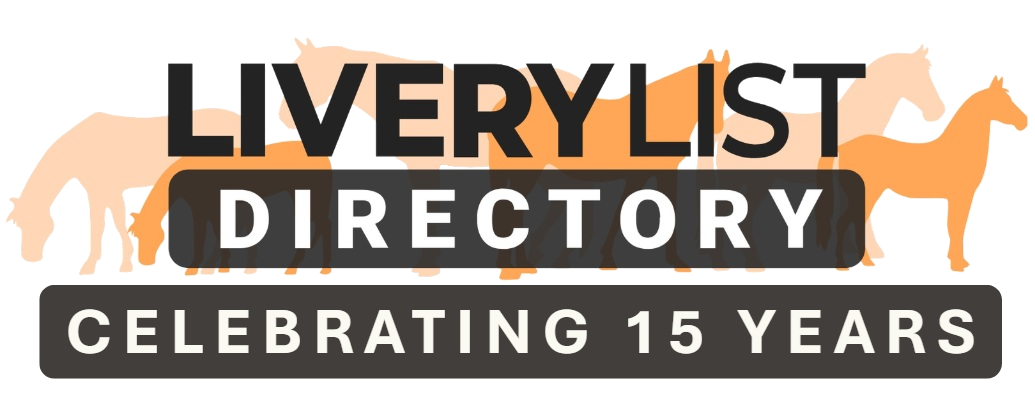To maintain the health and vitality of your horse, a holistic approach addressing their physical, emotional, and mental well-being is crucial. Providing proper nutrition, regular exercise, and an environment conducive to relaxation are fundamental aspects to consider. By nurturing these areas, horse owners can foster a resilient and thriving equine partner. Here are essential tips to guide you in ensuring your horse’s health and happiness.
The Importance of Regular Check-ups
Routine veterinary check-ups are vital for early detection and prevention of potential health issues in horses. A professional can spot problems that may not be visible to the untrained eye and offer valuable insights on vaccinations and medications. Incorporating regular dental care into your horse’s routine also plays a significant role in their overall health. Horses have specialized teeth that require monitoring for wear, alignment, and decay, all of which can impact their ability to eat properly. Ensuring your horse receives dental check-ups at leas

ling by increasing blood circulation, reducing inflammation, and accelerating tissue repair. The team behind https://mitoredequine.com/ says that it can be particularly beneficial in aiding recovery from injuries or surgeries and managing conditions like arthritis. Light therapy also helps to reduce pain and improve mobility, making it a valuable tool in maintaining your horse’s health and performance. Whether used for rehabilitation or general wellness, light therapy can be a powerful addition to your horse’s care routine.
t once a year can lead to a longer, healthier life.
Light Therapy
Light therapy is an effective, non-invasive treatment that can support a horse’s overall well-being. By using specific wavelengths of light, this therapy helps to promote hea
Exercise and Mental Stimulation
Regular exercise is imperative for a horse’s physical health, but it also aids in mental well-being. Horses that lack adequate exercise may develop behavioral issues, such as cribbing or stall walking. Aim for a routine that combines both light and vigorous activities, ensuring variety to keep things engaging. Consider incorporating different training methods that challenge their minds, such as obstacle courses or groundwork. Enriching your horse’s environment keeps them mentally stimulated and can greatly reduce boredom and stress.
Establishing a Comfortable Living Environment
A horse’s living conditions significantly impact their overall health and happiness. Ensure they have a safe and clean environment where they can move freely. Stabling that allows for sufficient airflow and is dry will prevent respiratory issues and other health concerns. Outdoor access is equally important for physical exercise and mental stimulation. Horses thrive in social settings, so maintaining companionship with other horses can reduce anxiety and promote a better quality of life. Keep pastures well-maintained and free of hazards to safeguard your horse’s well-being.
Hydration and Its Impact
Proper hydration is essential for your horse’s health and daily performance. Horses typically drink between 5 to 10 gallons of water per day, depending on factors like size and activity level. Ensuring clean, fresh water is always available encourages proper hydration. Monitoring water intake is equally important, especially during hotter months or after exercise, as dehydration can lead to severe health issues. Consider adding electrolytes to your horse’s diet during heavy exercise or hot weather to replace lost salts and maintain hydration.
Recognizing Signs of Illness
Being able to identify signs of illness or discomfort is crucial in providing prompt care. Common indicators include changes in appetite, lethargy, unusual behavior, or any signs of distress. Pay close attention to your horse’s coat condition, as a dull or rough coat can point to health issues. Regularly checking vital signs, including temperature, heart rate, and respiration, helps in observing any anomalies. If anything seems off, consult your veterinarian immediately for advice or assessment.

Building Trust and Bonding
A strong bond between you and your horse enhances their emotional stability and overall well-being. Spend time with your horse beyond riding—groom them, engage in playful interactions, or simply relax in their presence. Trust-building activities increase your horse’s comfort level with you and their ability to learn new skills. The more time you invest in building this relationship, the more responsive they will be to your cues during work and pleasure rides.
Addressing Hoof Health
Hoof care is essential, as these structures are vital for a horse’s mobility and overall health. Regular trimming and shoeing should be scheduled to keep hoof growth in check and prevent issues like cracks or imbalances. Pay close attention to your horse’s movement for any signs of discomfort or lameness, as these can indicate hoof problems that need immediate attention. Maintaining good hoof hygiene and providing a balanced diet are also important for overall hoof health. Additionally, using a high-quality supplement that supports strong, healthy hooves can make a real difference—in fact, this is probably the best horse hoof supplement we have ever tried.
Be Prepared for Emergencies
Despite all precautions, accidents can occur. Being prepared for emergencies is an essential aspect of horse ownership. Know the basics of equine first aid, and keep a well-stocked first aid kit handy. Familiarize yourself with local veterinarians or emergency clinics. Having a plan in place ensures a swift response in case of an accident or sudden health crisis, contributing to the long-term health of your horse. To ensure your horse leads a happy and healthy life, it requires a combination of proactive care and a nurturing approach. By prioritizing their physical, mental, and emotional needs, you can foster an environment that promotes their well-being and strengthens your bond with your equine companion.
